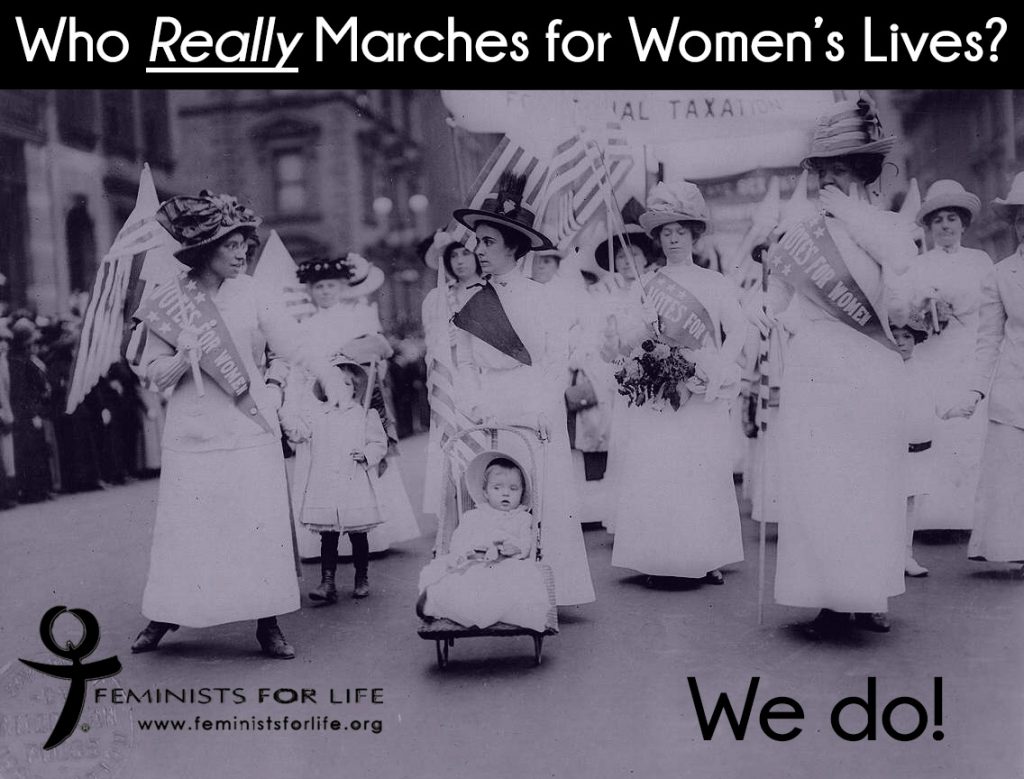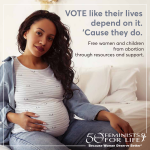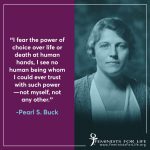While one Women’s March after another is canceled across the country, dozens more stand firm for women at highest risk of abortion and for unborn little girls and boys.
From the March for Life in Washington D.C. to Chicago, OneLife LA, and Walk for Life West Coast, to the Vermont State House to St. Augustine, every year there are more events and more people gathering across the country. It has been 46 years since the Roe and Doe Supreme Court decisions, and more than 60 million unborn children’s lives have been terminated, half female. Hundreds of women are also dead from a so-called “safe” procedure.
These marches, walks, and rallies are the real “March for Women’s Lives.” But we weren’t the first.
From pro-life publisher Susan B. Anthony, to her friend and co-editor Elizabeth Cady Stanton, to Alice Paul, the suffragist who inherited the leadership of the first wave feminist movement, without known exception, these women rejected abortion in the strongest possible terms.

It took 75 years to achieve the Susan B. Anthony Amendment: women’s right to vote. Many like Anthony and Stanton never saw their most cherished dream, suffrage, come to fruition nationwide. But it is important that abortion was the third most often discussed topic in The Revolution, and every mention was against it either because it hurt the woman or killed the child. Like Feminists for Life, they recognized that abortion is a reflection that we have not met the needs of women, and women have settled for less. Women deserve better.
Mattie Brinkerhoff put it this way: “When a man steals to satisfy hunger, we may safely conclude that there is something wrong in society—so when a woman destroys the life of her unborn child, it is an evidence that either by education or circumstances she has been greatly wronged.”
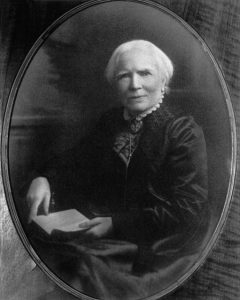
The same women who fought for the right of women to vote also advocated for better circumstances for women and for the unborn to be born.
The first American woman to receive a medical degree, Dr. Elizabeth Blackwell, chose her profession because of her aversion to abortion: “That the honorable term ‘female physician’ should be exclusively applied to those women who carried on this shocking trade seemed to me a horror.”
But it wasn’t just the destruction of a newly formed human being that turned suffragists against abortion. The horrific killing of a young woman named Mary Rogers was attributed to the notorious abortion provider Madame Restell. Rogers’ butchered body was found in the Hudson River. That galvanized the suffragists against feticide as well as infanticide. Restell later committed suicide.
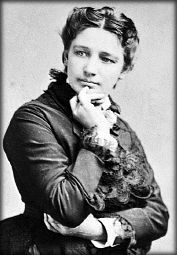
By contrast, the first woman nominated for president of the United States, Victoria Woodhull, was also outspoken in her opposition to abortion. “The rights of children, then, as individuals, begin while they yet remain the fœtus.” Perhaps no other suffragist argued more often or vigorously against abortion than the most liberal woman in the movement and her sister, Tennessee Claflin, who declared in their newspaper, “Pregnancy is not a disease, but a beautiful office of nature.”
We only know this—and much more—because our co-founder Pat Goltz learned from Alice Paul herself that Feminists for Life of America were not the first feminists. When asked by a friend about the move by ’70s feminists to support abortion, Paul asked, “How can one protect and help women by killing them as babies?” declaring, “Abortion is the ultimate in the exploitation of women.”

We follow in their footsteps and are here to ensure that the unfulfilled vision of Anthony, Stanton, Paul, and many more is realized in our lifetime so that unborn little ones can have theirs, that their mothers live with better with circumstances, and whenever possible, fathers are actively supportive of their families.
We are just one year away from the Centennial Celebration of women’s right to vote, and it is our best opportunity in our lifetimes to share our rich pro-life feminist history.
While abortion providers call it “sheer joy” and advocates tell women to “shout their abortion,” real joy and real hope is found in the pro-life, pro-woman movement.
So as 2020 comes into focus, it is right that we increasingly zero in on woman-centered resources and support. As Anthony said, “Whatever I have done has been done because I wanted to see better conditions, better surroundings, better circumstances for women.”
So do we.
With every step we take on the National Mall toward the U.S. Capitol, and in state capitals and at city squares across the country, pro-life feminists follow in the footsteps of our feminist foremothers who, like us, refused to choose between women and children, who refused to choose abortion, because they knew women deserve better, and every child deserves a chance at life. They never gave up until they achieved women’s rights.
While other marches are canceled, we welcome all no matter their race or ethnicity religion, gender, age, size, or location, and we won’t quit until abortion is unthinkable. March forth.
Because women deserve better,
Serrin M. Foster
President
Feminists for Life of America
Editor’s Note: Reprint and posting granted with attribution to the author and link to www.feministsforlife.org. Please let us know if you choose to share.





